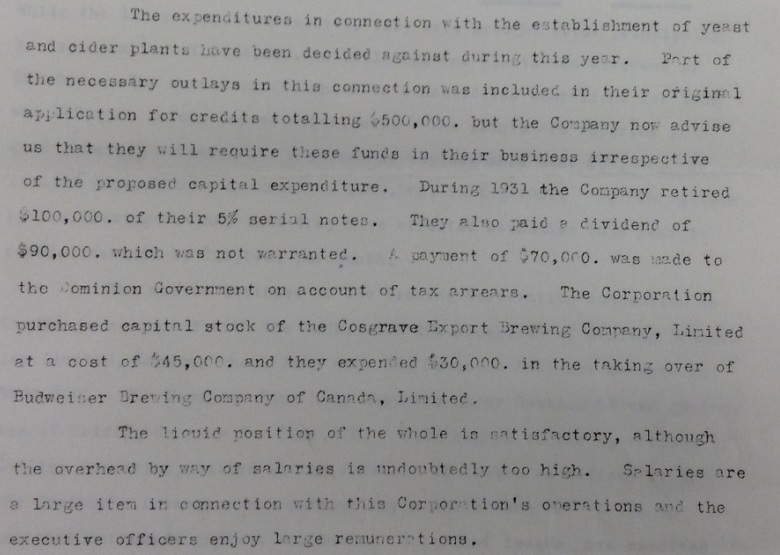Well, the members of the editorial board of The Globe and Mail are not impressed. At least that is reassuring:
Politicians will be, more than ever, deciding who gets to sell beer and who does not, and which beer, where, when, how and at what price. Competition will still be largely forbidden. But, good news: If you are unhappy about anything, please write to the new Beer Ombudsman. He’s there to listen.
Ah, the Beer Ombudsman. What a silly idea. I eat a lot of toast and sometimes it doesn’t turn out. I want a toast ombud, too. It’ll never happen. But so might any number of bits of the policy… plan… ideas set out in the announcement. We all remember what happened to the LCBO Express stores idea. What exactly did happen yesterday anyway? As the Toronto Sun reported, the Premier put it this way:
“The days of monopoly are done,” Wynne said Thursday. “This is the biggest shake up to the sale of beer in Ontario since we repealed prohibition in this province and that was in 1927.”
Well, not exactly. Ontario never had much of a prohibition and the final centralization of retail stores happened more like in 1940 or so through the actions of Mr. E.P. Taylor in his gathering up of many of small breweries and their wholesale and retail divisions into what would become Carling-O’Keefe, one of Canada’s largest breweries until Moslon snapped it up in the 1980s. And Ontario was never really dry as humourist Stephen Leacock lampooned in his 1917 essay “In Dry Toronto“:
“…will you please tell me what is the meaning of this other crowd of drays coming in the opposite direction? Surely, those are beer barrels, are they not?” “In a sense they are,” admitted Mr. Narrowpath. “That is, they are import beer. It comes in from some other province. It was, I imagine, made in this city (our breweries, sir, are second to none), but the sin of selling it”—here Mr. Narrowpath raised his hat from his head and stood for a moment in a reverential attitude—”rests on the heads of others.”
See, when I was researching and writing the section for from 1900 to 1980 in our cult classic Ontario Beer, I came to see that Ontario went through a number of very intense shifts in its beer retailing rules and restrictions in little over a decade mainly starting in the middle of WWI, even though smaller changes had been coming for decades. What Leacock was lampooning was the situation in the early part of the regulatory temperance experiment in which Ontario brewed at a large scale for export only but then imported beer came in from intra-provincially brewers direct to the drinker through a process of individual purchases and delayed deliveries that – on paper – occurred outside of the province. The law literally allowed that the sin was only in the local sale of local beer.
And even when the rules were tweeked to stop that nonsense, there was still plenty of drinking going on. A Federal Royal Commission did the rounds on the question of tax evasionduring the years of official temperance and found out masses of beer was going out the back door of the “exporting” breweries for local consumption. As we stated in the book, in the spring of 1927, Labatt was implicated in kickbacks to customs officers in testimony before the Federal Royal Commission on Customs and Excise as it took evidence in hearings across Canada. When a shipping clerk called Aikens admitted he sold strong ale in London and vicinity, he explained that he only sold to people that he knew. He was congratulated for having such a host of friends. Labatt did, however, insist to the Commission that it had stopped shipping by camouflaged rail car in 1924 and, unlike most of its competition, had accounted for all taxes due. Such honesty.
All was forgiven as what replaced the process of tight control through regulatory temperance (and its really light ales along with some Ontario wine unless you had a cousin in the distillery in which case you got rye) was a succession of market control systems, laws and agencies which will be continued under the next new system announced this week. Don’t think so? Consider these aspects to the process leading up to the report issued by the Premier’s Advisory Council on Government Assets (the rather gutturally acronymed “PAC-OGA”) yesterday:
1. In the original announcement starting up this project in April 2014 it was stated that “will recommend how to maximize the potential of these government enterprises to ensure that Ontarians receive the value they deserve.” Note recommendation to the Premier is the goal.
2. An interim report is presented by PAC-OGA in November 2014 which explains how stakeholder (but not public) consultation had taken place:
We structured our review in two phases. Phase I, the results of which are included in this report, incorporated detailed reviews of the subject entities, stakeholder consultation and the development of our initial thinking on proposals for the future direction of each company. Phase II will incorporate further discussion and consultation on the proposals. This will further our goal of reaching agreement among the appropriate parties, leading to definitive recommendations to government for consideration in the 2015 Provincial Budget.
Note that discussion and consultation was to occur in Phase II.
3. But when the final report is announced yesterday, a deal has been struck. It even has at page 47 an “execution copy” of a document titled “Modernizing the Distribution of Beer in Ontario Framework of Key Principles” which has been worked out by Brewers Retail Inc. Molson Canada 2005, Labatt Brewing Company Limited, Sleeman Breweries Ltd., the Premier’s Advisory Council on Government Assets and the Ontario Ministry of Finance. It is also more of a transitional agreement than a simple non-binding memo of understanding. At section 10(c) it states that the parties agree to ” to negotiate the New Beer Agreements on terms acceptable to TBS and the Province, with the view to entering into the New Beer Agreements between the relevant parties as soon as possible and in any event before June 30, 2015.” Done deal. Recommendations and consultations finished. Working out the fine print as we speak. We are well on our way.
But to what? We’ll find out sometime in July, I suppose. Sure, the wish list has been published and will likely fall in place roughly as outlined but it is still a control system. The interests of big beer have been protected for at least a decade as have been enhanced revenue streams to the province’s coffers. There is lip service to concepts of “social responsibility” but no explanation of what that really means in this new world. Good reason. It means the same old thing as the same old structure still sits at the heart of the deal. If you have any doubt that that is not the case, that this is somehow a great leap forward for liberty, have a look at page 31 of the final report where it actually states:
The Ontario taxpayer is better off because they enjoy the same low prices as the Quebec taxpayer, but substantially more revenues go to the government.
Let that sink in for a minutes. No public discussion and locked in for a decade or more PLUS the report explains away how Quebec prices are the same as Ontario’s even with their 8,000 outlets because distribution costs are higher. See, Ontario is better off because instead of spending that money on beer delivery truck fleets – and instead of enjoying lower actual retail prices – all that money is scooped up by Ontario’s Ministry of Finance. Wonderful. Surreal but wonderful. What would Leacock have said about this sort of reform?

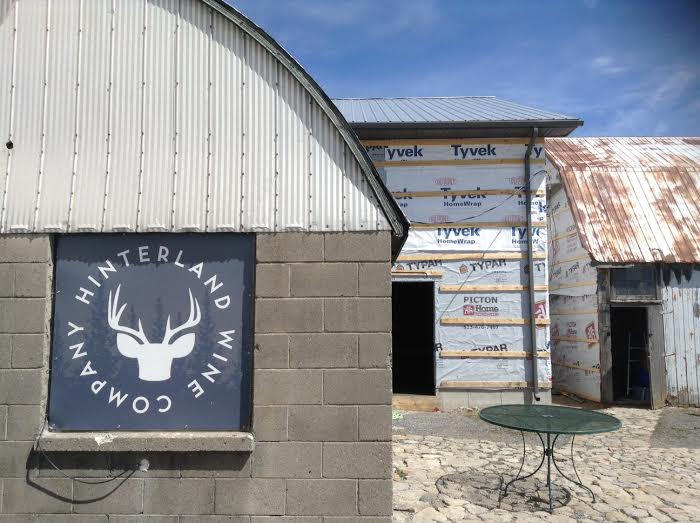


















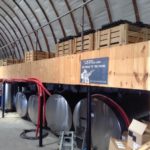

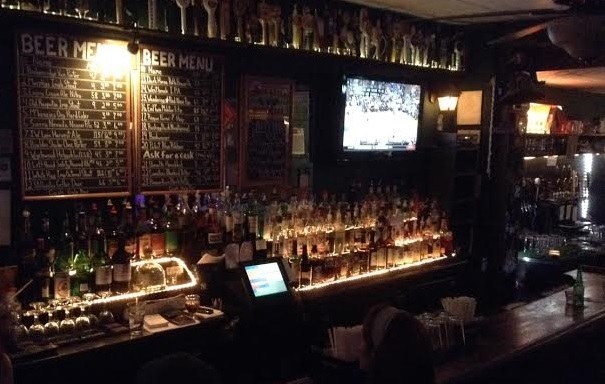
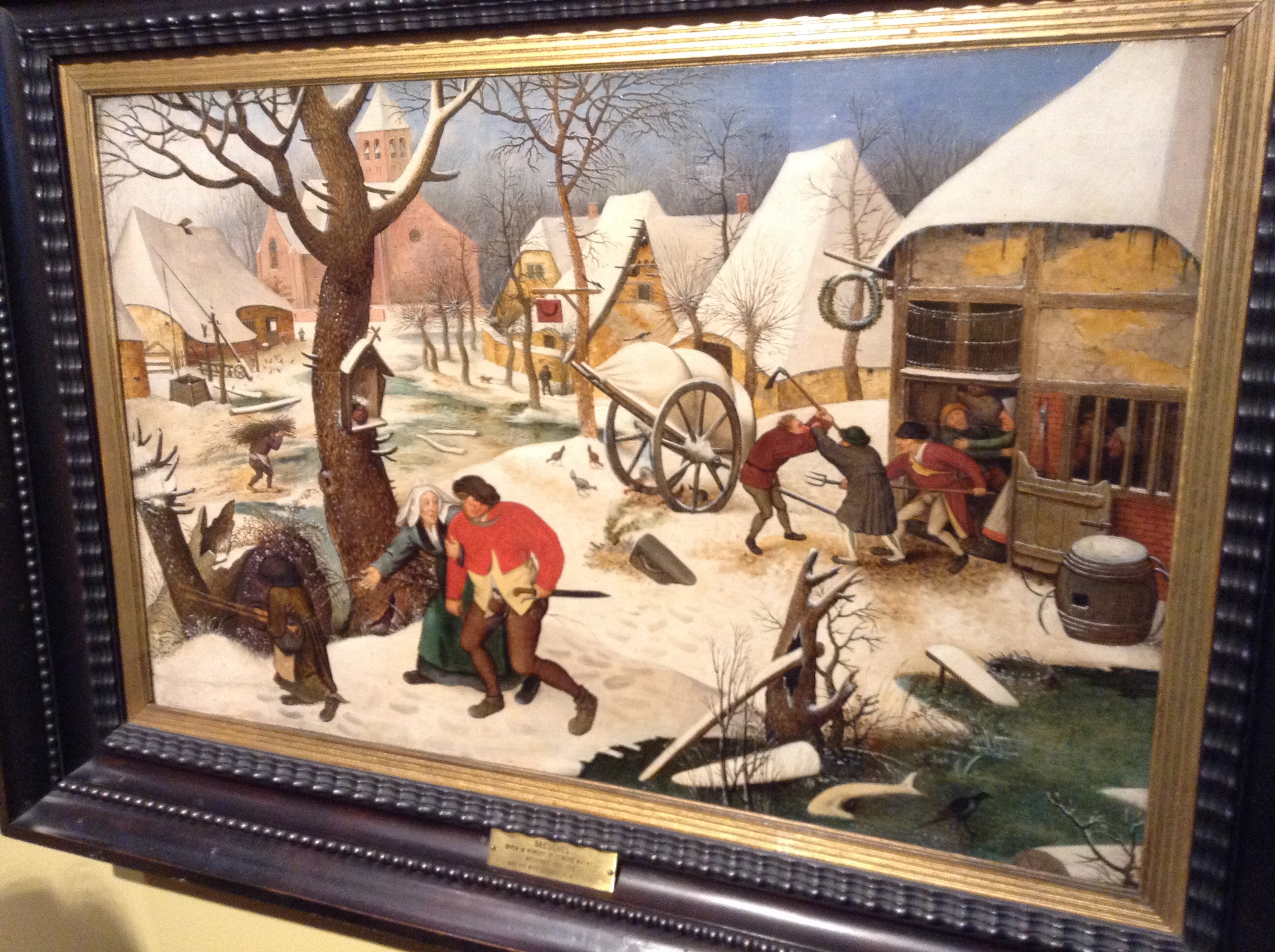
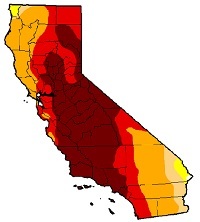
 The last year has been the scene of many a revelation when it comes to my relationship with beer. Among other things, out of nowhere two fabulous breweries opened up in my immediate vicinity after years of claiming my town was the least served by fresh beer for its size in the northeastern bit of North America. One is
The last year has been the scene of many a revelation when it comes to my relationship with beer. Among other things, out of nowhere two fabulous breweries opened up in my immediate vicinity after years of claiming my town was the least served by fresh beer for its size in the northeastern bit of North America. One is 
